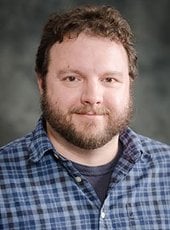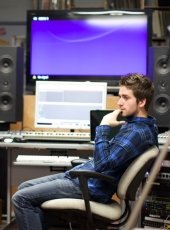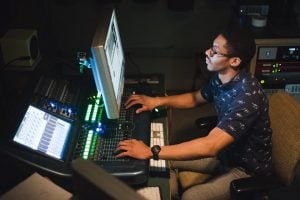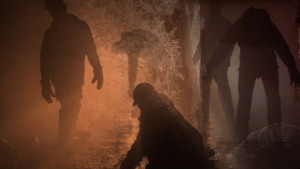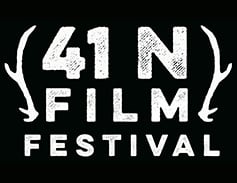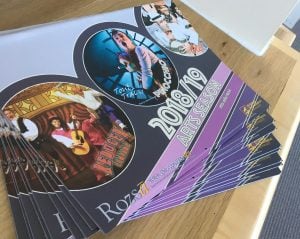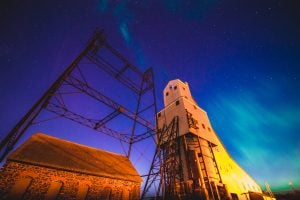 Are you interested in working on the annual Quincy Haunted Mine Tour? We need actors, crew, builders and overall ghouls, ghosts and goblins who want to help us scare people silly. The Haunted Mine will begin building very soon, installs will start Oct. 20, and runs October 24, 25, 26 in the evenings.
Are you interested in working on the annual Quincy Haunted Mine Tour? We need actors, crew, builders and overall ghouls, ghosts and goblins who want to help us scare people silly. The Haunted Mine will begin building very soon, installs will start Oct. 20, and runs October 24, 25, 26 in the evenings.
If you want to get involved, email Professor of Practice Josh Loar (VPA).
Note: VPA students already involved do not need to email again, unless you haven’t signed up yet.
